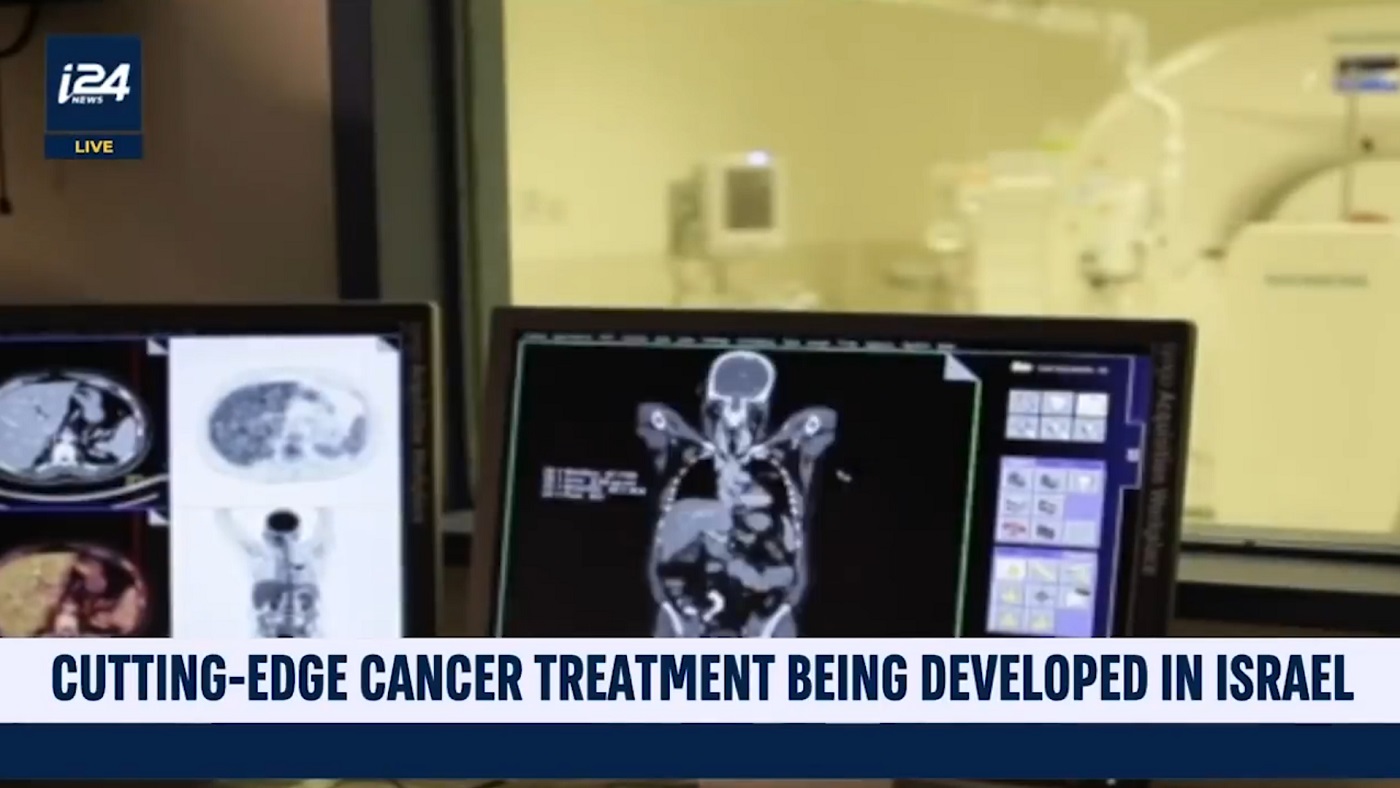Mediterranean diet linked with lower risk of prostate cancer
02/04/2018 / By Michelle Simmons

A study carried out by a team of scientists from Spain discovered that following a Mediterranean diet lowers the risk of developing prostate cancer. In the study, they analyzed the association of Mediterranean dietary patterns with prostate cancer risk.
In conducting the study, the research team used the data from the Multicase-Control Study on Common Tumors in Spain (MCC-Spain), which gathered dietary information on 754 confirmed cases of prostate cancer and 1,277 individuals between the age of 38 and 85 years. The MCC-Spain is a population study carried out by different universities, hospitals, and health institutes in Spain.
The research team categorized the participants into three groups according to which dietary pattern their eating habits are most similar to. The dietary patterns included Western, prudent, and Mediterranean — the most common dietary patterns in Spain.
The Mediterranean dietary pattern is rich in fruits, vegetables, fish, legumes, and olive oil, while the Western diet is composed of dairy products, refined grains, processed meat, sodas, sweets, fast food, and sauces. Meanwhile, the prudent dietary pattern is characterized by low-fat dairy products, whole grains, fruits, vegetables, and juices.
They also evaluated the participants’ degree of adherence to each pattern, which was divided into four categories, ranging from low to high. Then, the adherence to each model was matched against the risk of prostate cancer according to tumor aggressiveness and stage of disease development.
The findings of the study, which were published in the Journal of Urology, revealed that men who highly adhered to a Mediterranean diet are less likely to develop prostate cancer with aggressive and extensive tumors compared to those who followed the two other dietary patterns. On the other hand, no such link was found in the Western and prudent dietary patterns.
“Our results show that a diet oriented towards the prevention of aggressive tumours in the prostate should probably include important elements of the Mediterranean diet such as fish, legumes, and olive oil, and suggest that a high intake of fruits, vegetables, and whole grains might not be enough,” lead author of the study Beatriz Perez-Gomez explained. (Related: 11 Delicious Key Ingredients that Make The Mediterranean Diet So Nutritious)
Adela Castelló, one of the authors of the study, suggested that the degree of adherence to a specific diet can influence the risk of prostate cancer. She also said that Mediterranean diet might be an effective way of decreasing the risk of developing advanced prostate cancer.
What is prostate cancer?
Prostate cancer is a type of cancer that develops in the prostate, a part of the male reproductive system which is responsible for the production of the seminal fluid that nourishes and transports sperm. Its cause remains unclear; however, it is known to start when cells in the prostate become abnormal. Mutations in the DNA of the abnormal cells cause them to grow and divide faster than normal cells do. Then, the abnormal cells will form a tumor that can grow to damage nearby tissue.
Typically, prostate cancer does not show symptoms during its initial stages. If they do show, a person with the cancer will experience at least one of the following:
- Blood in the urine
- Difficulty commencing and maintaining urination
- Difficulty achieving or maintain an erection
- Frequent urges to urinate
- Painful urination and ejaculation
- Pain in the spine, femur, pelvis, or ribs
- Fractures in the bone
- Weakness in the legs
- Urinary incontinence
- Fecal incontinence
According to the Centers for Disease Control and Prevention, prostate cancer is the most common type of cancer among men in the U.S. after non-melanoma skin cancer. In 2014, 172,258 men in the U.S. were diagnosed with prostate cancer, and 28,343 men died from that cancer.
Read more stories on the prevention of cancer at Cancer.news.
Sources include:
Tagged Under: cancer, Diets, Mediterranean diet, men's health, prevention, prostate, Prostate cancer, prostate cancer risk
RECENT NEWS & ARTICLES
COPYRIGHT © 2017 ONCOLOGY NEWS




















